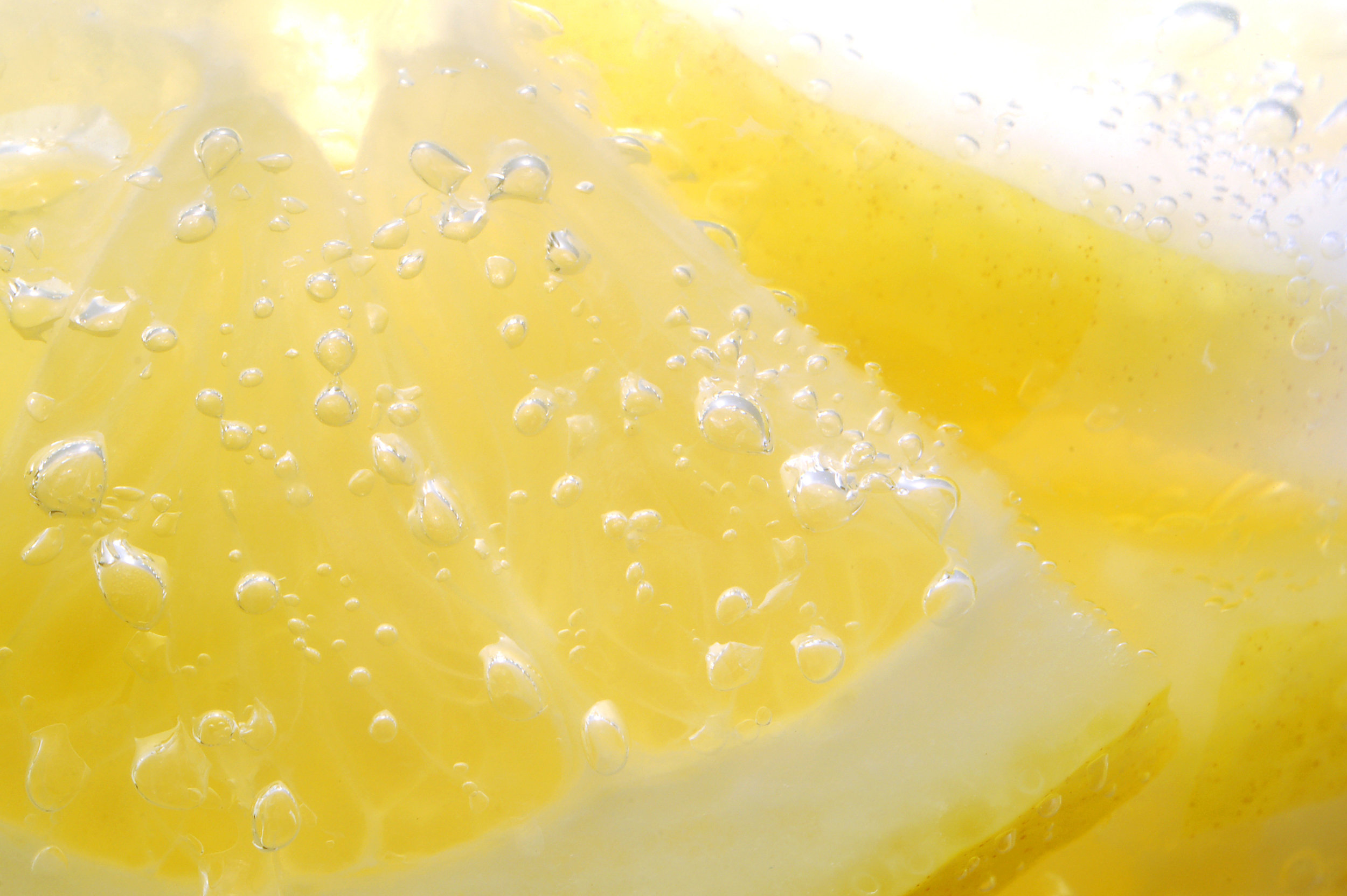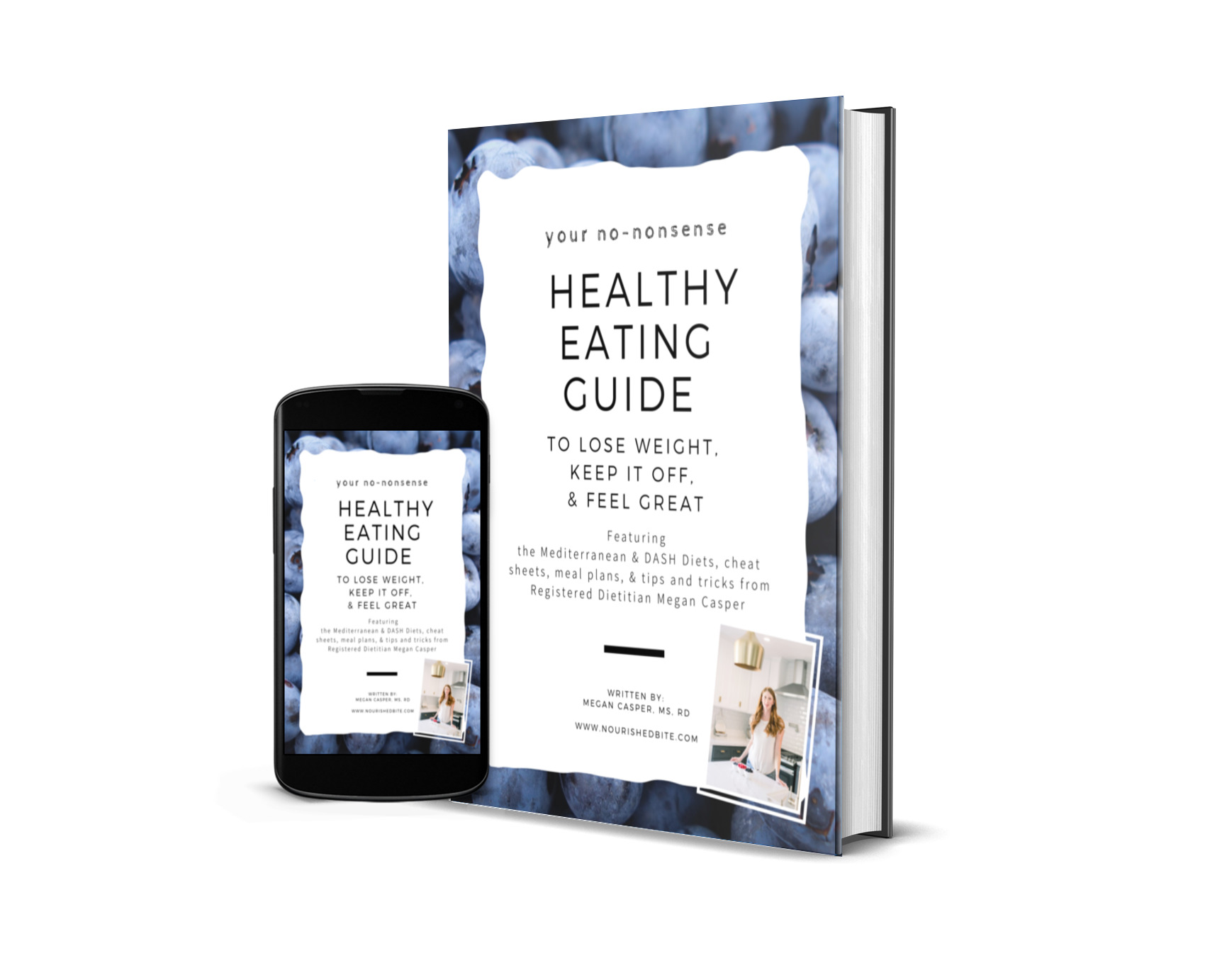What’s the Best Type of Reusable Water Bottle?
/Whether you want to stay hydrated or save the earth, one of the first steps is to snag a reusable water bottle.
In 2016, the average American used 167 disposable water bottles but only recycled 38. That’s a lot of bottles ending up in the landfill! Waste aside, bottled water is expensive compared to tap, and it’s tested once a week versus the once a day testing of local tap water. Not only is quitting plastic bottles good for the earth, it’s good for you too. If you’re toting a water bottle around you’ll be way more likely to drink more water, plus harmful chemicals can leach from plastic water bottles.
With so many options to choose from, what’s the best one to buy? From glass to copper to stainless steel, check out the pros and cons of each below.
Stainless Steel Water Bottle:
If you want something that’s built to last and is sustainable, a stainless steel water bottle is the way to go. Stainless steel is easily recycled, making it an earth friendly choice. Plus many bottles are insulated, keeping hot water hot and cold water cold all without the fear of leaching chemicals. Stainless steel won’t pick up flavors and isn’t reactive, meaning you can throw coffee, water, smoothies, margaritas, beer, etc., and easily remove flavors and use it again and again throughout the day.
Pros: Durable, Recyclable, Insulated
Cons: Heavy, Some people notice a taste
Recommendations:
Glass Water Bottle:
If a sleek water bottle encourages you to get your 8 glasses a day, glass may be the way to go. Glass is sustainable and a 100% recyclable. Glass will not give off an unpleasant tastes, which some people notice with plastic and metal water bottles. Many glass water bottles come in attractive sleeves, making them harder to break for the klutzy among us.
Pros: Recyclable, Fresh taste, Water is visible
Cons: Breakable, Heavy, Not well insulated
Recommendations:
Copper Water Bottle:
Drinking water out of copper containers is a tradition that spans back hundreds of years. Practitioners of Ayurveda, an ancient healthcare tradition in India, believe that water stored in copper water bottles can help balance the body, slow aging, stimulate the brain, and aid in digestion. Traditionally, water is stored overnight for 6 to 8 hours, allowing trace amounts of copper to permeate the water and create “tamra jal” - or positively charged water. While modern science is slow to back this up, scientist can confirm that storing water in copper drastically reduces dangerous bacteria in water. Other studies have shown that the amount of copper that seeps into water is below harmful levels. (It’s important to note that copper in extremely high concentrations can lead to nausea and vomiting, though this usually occurs from eating acidic foods cooked in uncoated copper cookware and from environmental contamination of water.)
Pros: Ayurvedic health benefits, Beautiful packaging
Cons: Changes color over time (can be buffed with lemon and salt to maintain color), Only used for water, May dent, Metallic taste
Recommendations:
Plastic Water Bottle:
If you’re looking for a light option, plastic is your guy. These bottles come in all shapes and sizes, so you’ll be sure to be able to fit one in your bag. Most plastic water bottles these days are BPA free, which means they do not contain a chemical that is known to disrupt hormones and cause other pretty gnarly diseases (like, ya know, cancer). Make sure to check your label and make sure it’s BPA free.
While BPA is on it’s way out, know that other chemicals used to replace BPA may be just as bad. One such chemical is BPS, which does not have to be labeled and once ingested behaves much the same way as BPA. (This is personally why I finally said bye bye to my favorite plastic water bottles.)
Pros: Lightweight, Comes in many shapes and sizes
Cons: Taste, Many are not insulated, May leach chemicals into water
Recommendations:
Aluminum Water Bottle:
If you’ve ever picked up a stainless steel water bottle, you’ll probably love the light feel of the aluminum. Unfortunately aluminum must be lined to avoid the metal interacting with water as well as giving it an off taste which means… well you might as well be drinking plastic since it’s coated typically in BPA.
Pros: Lightweight, Cheap
Cons: Must be lined (typically) with plastic, Dents easily
Recommendations: Personally I'd avoid aluminum, but if you're not worried about plastic check out:
Smart Water Bottle:
You’ve tried everything - EVERYTHING - to drink more water and you just can’t remember? It may be time to invest in a smart water bottle, which come in all shapes and sizes and encourage you to remember to take a sip in various ways like lighting up or pinging your cell phone. Reviews on these items seem mixed, so check them out before committing to your new babysitter.
Pros: Nags you to drink up
Cons: Expensive, Reviews seem mixed
Recommendations:
What do you think? Any personal favorites I missed? Are you hitting your hydration goals and need help? Let me know below!
*Anything purchased through Amazon from my site will give me a small commission, which helps with the running of this site and the creation of future materials.




